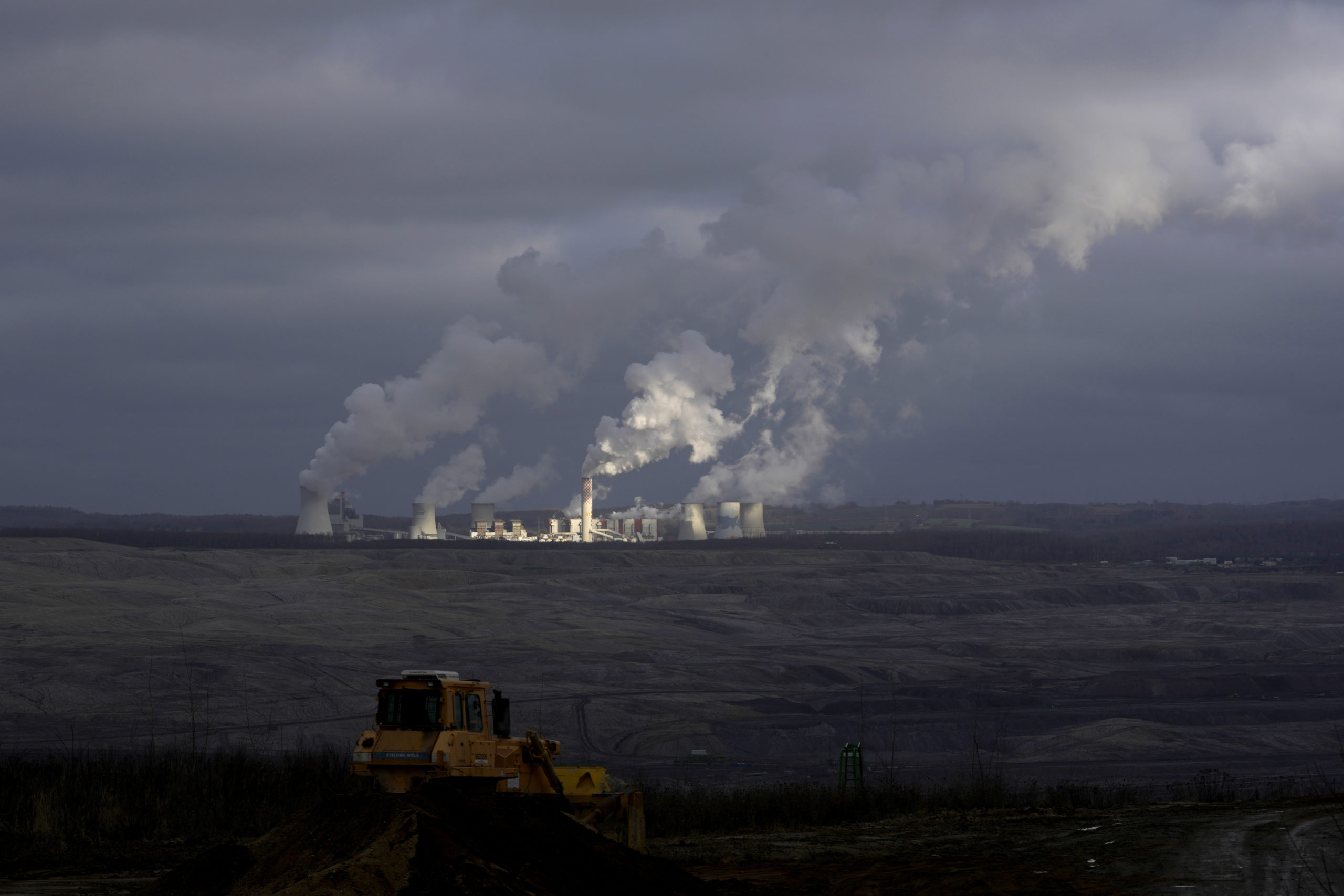 1
1 1
1
BRUSSELS (AP) — European Union lawmakers stepped up the fight against global warming Wednesday by requiring deeper emission cuts from power plants, factories and planes in the EU and by endorsing an unprecedented import tax.
The European Parliament advanced draft climate legislation that would slash the EU greenhouse gases by at least 55% in 2030 compared with 1990 rather than by a previously agreed 40%.
The legislation also includes a tool that would allow the EU to raise the prices of some imported goods — including steel and aluminum — that are spared the climate-protection costs faced by manufacturers in the 27-nation bloc.
The overall goal is to put the EU on track to become climate-neutral in 2050 and to prod other major polluters, including the United States and China, to follow suit.
Final approval of the legislative package, which has been on the table since July 2021, would require the European Parliament to iron out differences with the bloc’s national governments over various details, a process likely to last several more months.
“We are doing a big step for the climate,” German lawmaker Peter Liese, who helped steer the package through the EU assembly in Brussels, said. “We are doing the right thing.”
Non-profit group Germanwatch said the draft legislation didn’t go far enough and expressed disappointment over the plan to continue giving companies free emissions certificates for 10 years, albeit under stricter conditions.
“Still, by giving away the certificates, the EU and its member states are losing billions that could otherwise be used as investment aid to transform industries,” said Anne Glaeser, the group’s expert on carbon pricing.
Germanwatch welcomed the agreement on the import tax, tougher rules for shipping and the inclusion of garbage incineration in the bloc’s emissions trading system starting in 2026.
The EU is seeking to maintain a leadership role in the worldwide battle against the increasingly frequent and intense heat waves, storms and floods caused by global warming. A key United Nations climate conference is scheduled for November in Egypt.
The more ambitious EU climate legislation is part of a clean-energy push that has gained political momentum as a result of Russia’s invasion of Ukraine, with the bloc pledging to wean itself off Russian fossil fuels no later than 2027.
The EU has agreed to ban imports of Russian coal starting in August and to impose an embargo on most oil from Russia gradually over the coming eight months. Meanwhile, Russia has reduced natural-gas supplies to five European countries, including Germany and Italy, and cut off deliveries to six EU member nations.
The tougher EU climate targets have raised concerns about further energy price increases, which have sent inflation skyrocketing and prompted the European Central Bank to commit to raising interest rates for the first time in 11 years starting next month.
In this context, the European Parliament also endorsed the creation of a fund to help vulnerable households cope with the planned energy revamp.
Two weeks ago, the 705-seat assembly approved deeper cuts in carbon dioxide from cars, including an EU ban in 2035 on the sale of new cars with combustion engines.
The Parliament is expected to vote later this year on more ambitious bloc-wide targets for developing renewable energy sources, including wind and solar power.
___
Follow AP’s coverage of climate issues at https://apnews.com/hub/climate
___
Frank Jordans in Berlin contributed to this report.